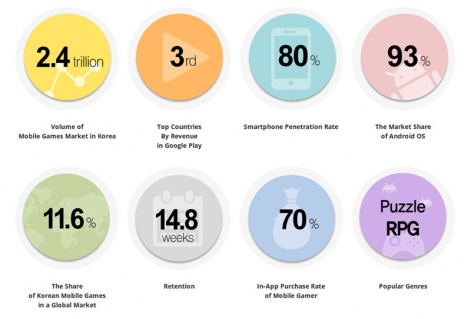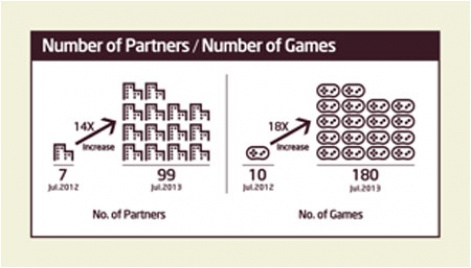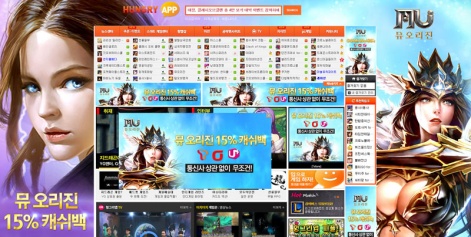Byungjo Kim is the mobile business department director of Nasmedia, a Korean digital media agency.
Boasting the second highest smartphone penetration in the world, the faster wireless network that enables perfect gameplay anytime, anywhere and also ranking third in terms of Google Play revenue, Korea is one of the most attractive markets for mobile games.
As a result, competition among mobile game developers has reached a phenomenal state, which has recently caused a major shift in marketing strategies.
The following article details what we consider the four hottest trends that have been shaking up the Korean mobile games market in the first quarter of 2015.
More mature, more competitive
Byungjo Kim, comments that "As Korean mobile game market has entered its mature stage, the competition has become tougher making the situation for new titles that much harder to crack the market.

"Under such circumstances, developers must take a holistic consideration of the whole lifecycle of the game - from contents planning, pre-registration, rank boost, IMC marketing to user retention.”
He adds that “a marketing strategy that not only acquires users but also converts and retains loyal users is now critical".
To get more information about Korean Mobile Games Market, the complete 2015 ‘Analysis of Korean Mobile Games Market’ report can be found at here.
Click here to view the list »












